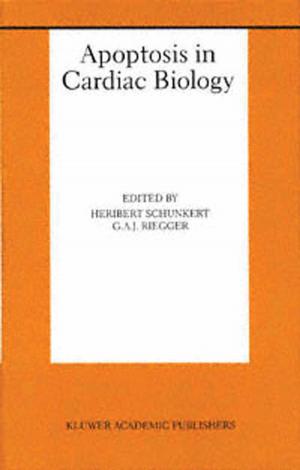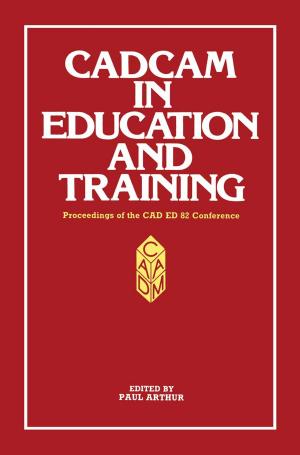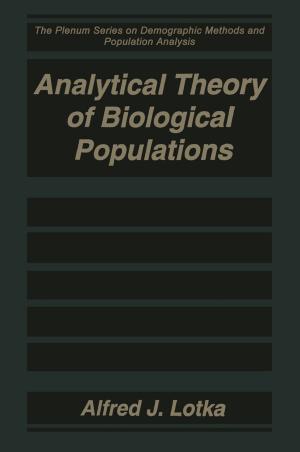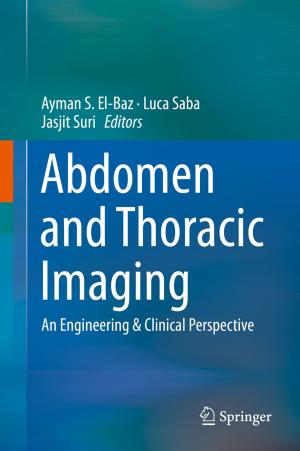Cancer Immunology: Innovative Approaches to Therapy
Nonfiction, Health & Well Being, Medical, Specialties, Oncology| Author: | ISBN: | 9781461326298 | |
| Publisher: | Springer US | Publication: | December 6, 2012 |
| Imprint: | Springer | Language: | English |
| Author: | |
| ISBN: | 9781461326298 |
| Publisher: | Springer US |
| Publication: | December 6, 2012 |
| Imprint: | Springer |
| Language: | English |
This volume is the second in the 'Cancer Treatment and Research' series focussing on basic and clinical tumor immunology. It has a rather different focus or emphasis from that of the first volume, published two years ago. That work (Basic and Clinical Tumor Immunology, R.B. Herberman, ed., Martinus Nijhoff Publishers, 1983) devoted considerable attention to up dated summaries in various areas of classical tumor immunology: specific antitumor immunity, the immunologic competence of cancer patietns, char acterization of human tumor-associated antigens, the ability to propagate specifically immune T cells in culture in the presence of interleukin 2, and the use of such cells for adoptive immunotherapy of established tumors. of evidence concerning the immune However, it also reviewed the status surveillance hypothesis and pointed out the need to consider non-T cell mediated mechanisms of host resistance. In particular, one chapter sum marized information on the role of macrophages in host resistance against tumors. The present volume continues to emphasize one of the major themes of the first volume, innovative approaches to the therapy of cancer. It involves contributions from leading investigators on several primary types of therapeutic interventions related to monoclonal antibodies, the col laboration of monoclonal antibodies with macro phages to mediate antibody dependent cellular cytotoxicity, lymphokines, tumor vaccines, and natural killer cells. It also has an up-to-date summary of the immunologic aspects of the exciting and promising work being performed on human T cell leukemia virus in the laboratory of Dr. Robert Gallo.
This volume is the second in the 'Cancer Treatment and Research' series focussing on basic and clinical tumor immunology. It has a rather different focus or emphasis from that of the first volume, published two years ago. That work (Basic and Clinical Tumor Immunology, R.B. Herberman, ed., Martinus Nijhoff Publishers, 1983) devoted considerable attention to up dated summaries in various areas of classical tumor immunology: specific antitumor immunity, the immunologic competence of cancer patietns, char acterization of human tumor-associated antigens, the ability to propagate specifically immune T cells in culture in the presence of interleukin 2, and the use of such cells for adoptive immunotherapy of established tumors. of evidence concerning the immune However, it also reviewed the status surveillance hypothesis and pointed out the need to consider non-T cell mediated mechanisms of host resistance. In particular, one chapter sum marized information on the role of macrophages in host resistance against tumors. The present volume continues to emphasize one of the major themes of the first volume, innovative approaches to the therapy of cancer. It involves contributions from leading investigators on several primary types of therapeutic interventions related to monoclonal antibodies, the col laboration of monoclonal antibodies with macro phages to mediate antibody dependent cellular cytotoxicity, lymphokines, tumor vaccines, and natural killer cells. It also has an up-to-date summary of the immunologic aspects of the exciting and promising work being performed on human T cell leukemia virus in the laboratory of Dr. Robert Gallo.















